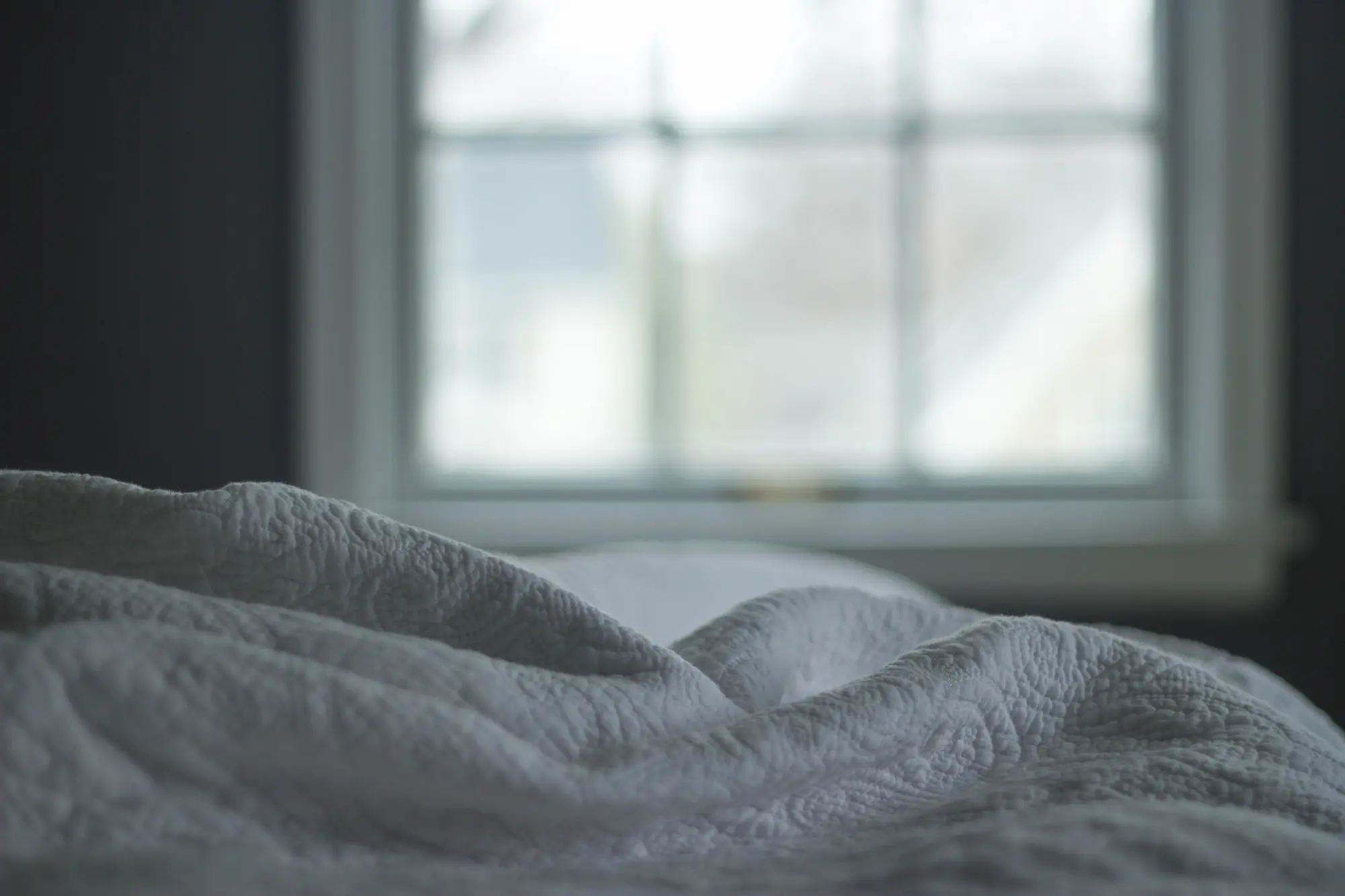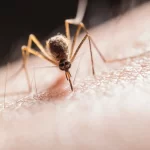Congratulations! Your treatment probably worked, and you may proudly call your home your own once more if you recently had it treated for bed bugs and have started finding the remains of the tiny pests within your home.
You might need to wait for more proof than just a few dead bed bugs to prove whether you chose to have a heat treatment or a chemical treatment applied to your home. This is due to the possibility that unhatched eggs, which may have been hidden away in cracks or other out-of-the-way locations, will manage to escape the lethal heat or the most effective chemicals, and the original bed bugs’ progeny may continue to be a problem in your home. This is probably the cause, so you might need to give a second treatment if after some time you start to notice the symptoms of a bed bug infestation again.
How Long Can They Survive After Being Treated?
All bed bugs in the treated area should be instantly killed by heat treatment. It’s a little harder to predict how long it will take with chemical treatments because bed bugs can survive until they come into contact with the chemicals that kill them, but they should die within a few days. These compounds gradually lose some of their potency and efficiency over the course of a few days. After a few weeks of treatment, if bed bugs are still there, they probably won’t immediately disappear, so you’ll need to repeat the procedure.
Will You See Live Bed Bugs After the First Treatment?
Since they utilize both a heat treatment and a chemical treatment to ensure that your bed bug problem is completely cured, Mantis Pest Solutions, a top provider of bed bug management in Overland Park, makes it exceedingly unlikely that you will see any live bed bugs after treatment. They provide a 90-day warranty because it is such an effective way to get rid of bed bugs in your house (or car, or office), so if you discover bed bugs during this time, you may obtain another treatment for free.
In the first two to three weeks following treatment, it’s advised that you maintain a close eye on your bed bug situation because it’s possible that unhatched eggs could survive the treatment if they’ve been stored out of the way. After six weeks, if there are no indications of a bed bug infestation, you can declare your house to be bed bug free!
What Should You Do With Dead Bed Bugs?
Even in the event of death, bed bugs pose little risk to health. Therefore, all that is needed to get rid of any leftover bed insect excrement or carcasses is a simple vacuuming of the afflicted area. In addition, if bed bugs have set eggs in your carpet, vacuuming can assist to prevent the next generation from wreaking havoc in your home. In addition, washing your sheets, duvet, pillowcases, and other bed-related items is advised if you had bed bugs because nobody loves the idea of rolling around in bed bug feces and decaying bug bodies.
Now that you’ve had your treatment and, thank god, are starting to see results, you may relax on your couch or go to sleep in your bed without worrying about these pesky little creatures biting you inconveniently.



